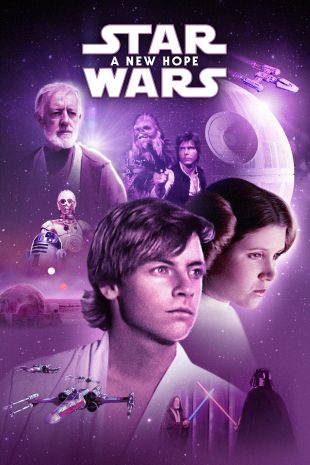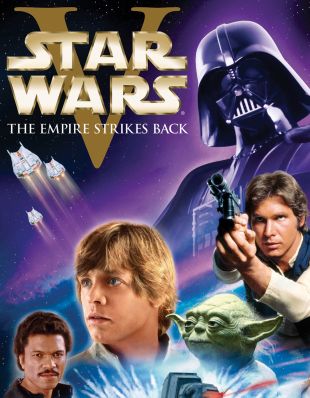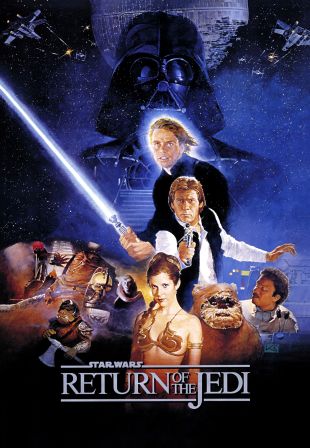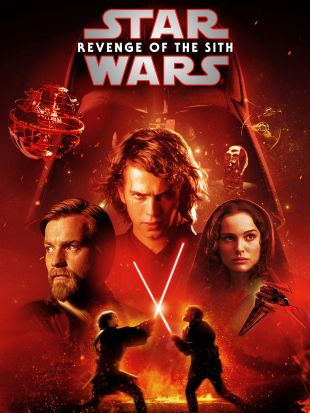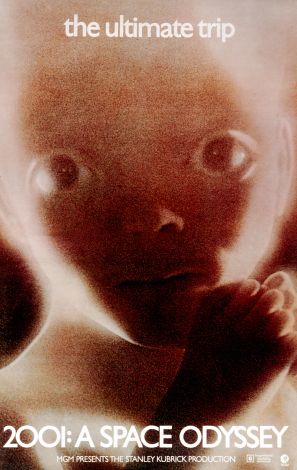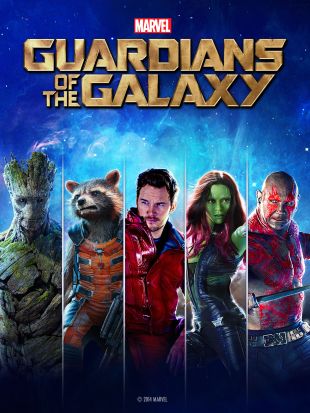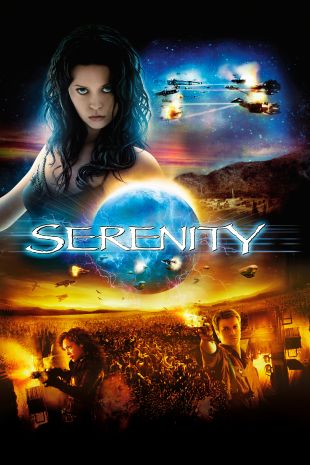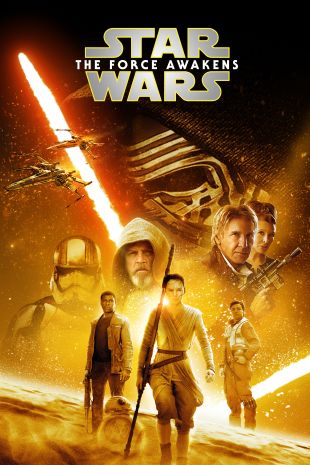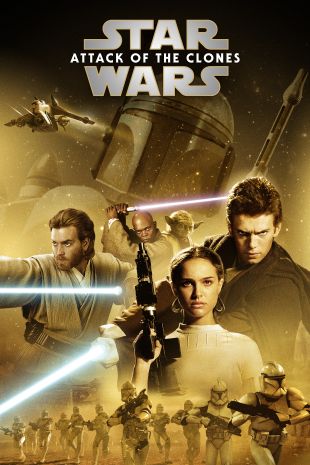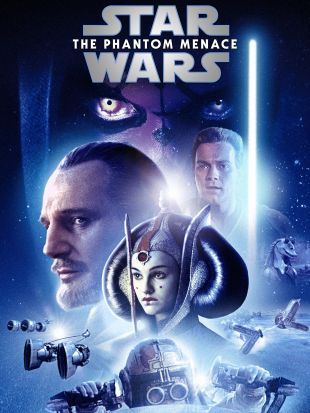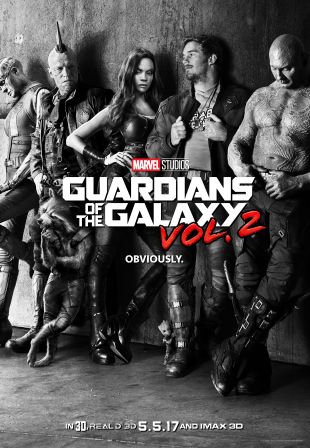Space Patrol (1963)
Genres - Science Fiction |
Sub-Genres - Space Adventure |
Run Time - 25 min. |
Countries - United Kingdom |
Share on
Synopsis by Bruce Eder
The British series Space Patrol (not to be confused with the earlier American series of the same name) was the creation of noted children's book author Roberta Leigh. Leigh had started in television in the mid-'50s when she co-produced the adaptation of one of her books into the series The Adventures of Twizzle. Her partner in that venture was Gerry Anderson, whose then-struggling animation studio, A.P. Films, was the production company for the series. Space Patrol was set in the year 2100 and told of the men and women of that service, from Earth, Mars, and Venus, and their efforts to explore and keep peace within (and sometimes outside) the solar system. The characters were all portrayed by highly articulated marionettes, moving amid very elaborate sets, supported by superb (for the time) special effects and a highly memorable electronic music score. The hero of Space Patrol was Captain Larry Dart (voiced by American-born Dick Vosburgh, future author of the Broadway hit A Day in Hollywood, a Night in the Ukraine), the commander of Galasphere 347 and its two-member crew, consisting of Husky (voiced by veteran character actor Ronnie Stevens), a Martian engineer with a usually insatiable appetite, and Slim (voiced by Libby Morris), a lithe Venusian communications expert.
Their ships, called galaspheres, were top-like in construction, spinning to create artificial gravity within and capable of accelerating to speeds of tens of thousands of miles an hour in deep space. As Space Patrol members, their primary job was exploration and investigation, not enforcement, but their assignments sometimes required them to go into action against individual wrongdoers or invading ships. Their commanding officer, based at Space Headquarters on Earth, was Colonel Raeburn (voiced by American-born Murray Kash), who, aided by his hyper-efficient Venusian secretary Marla (voiced by Libby Morris), sent out the galasphere fleet on its assignments. Supporting them on the scientific side was the whimsical, eccentric Professor Haggerty (voiced by Stevens) and his daughter Cassie (also voiced by Libby Morris). The crew's adventures took them across the solar system, from Mercury to Pluto, and also, on rare occasions, into contact with alien races from other star systems.
Leigh and her co-producer, Arthur Provis, tried to retain as much scientific accuracy as possible for the context of the stories. Toward that end, contacts from outside the solar system and -- even more so -- voyages there, were treated as rare and extraordinary occurrences. In the course of the crew's ordinary duties within the solar system, the series followed the rules of orbital mechanics. Even with the capability of accelerating to (or decelerating from) tens of thousands of miles an hour, the solar system is a huge territory, and as the quarters of a galasphere were very cramped and not overloaded with creature comforts, the crew would have to go into suspended animation for anywhere from ten days to many months, depending upon the position of their destination relative to Earth, and visa versa for the return trip. Their fundamental mission was peaceful, and their main weapon in case of trouble was the plastiform gun, which immobilized and imprisoned malefactors, but did no lasting harm.
The series lasted 39 episodes, produced on an amazingly low budget and shot in black-and-white. Space Patrol/Planet Patrol had the bad fortune to go into production around the same time as a rival space-oriented series populated by marionettes, Fireball XL5, produced by Leigh's former partner Gerry Anderson, which had the advantage of being distributed by Sir Lew Grade's organization and was sold to the NBC network in America. Lower-budgeted but more cleverly written and much more inventive visually, Space Patrol was syndicated in the United States under the title Planet Patrol to avoid confusion with an earlier long-running live-action science fiction series. It became the top-rated children's program in many of the markets in which it was broadcast, including New York City. It was rerun in America until 1967, and in England until a year or so after that, and then disappeared from the air, principally owing to the fact that it had been filmed in black-and-white. It disappeared from the minds and memories of most American viewers, and even in England was long forgotten (or else confused with Fireball XL5). Among those who did remember the series, however, was future Babylon 5 producer/creator J. Michael Straczynski, who made no secret of his debt to the earlier science fiction series.
In the late '90s, episodes of Space Patrol turned up in England, in 16 mm, with many in dubious states of preservation, and began getting distributed on VHS tape under the auspices of the legitimate owner. Eventually, all episodes -- including two in 35 mm -- were located, and masters of varying quality (some excellent, some less than excellent) were prepared. A series of VHS tapes, several featuring bonus interviews with Leigh and many of the surviving participants (and interviews with fans such as Straczynski) surfaced in the late '90s, and a DVD containing a handful of episodes also appeared. The promise of a DVD set of the entire series was made, but it was then delayed for two years, until late 2003. As of the early 21st century, there are active websites devoted to the series, its characters, and its jargon. The cast members report receiving fan mail from now-adult fans of the series (some to their initial bewilderment, over a project from 40 years earlier), and Space Patrol/Planet Patrol is better known than at any time since 1964.
